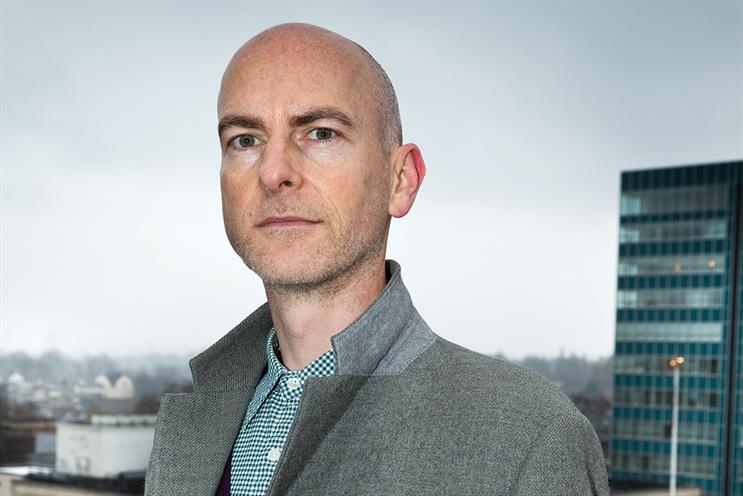In 1971, John Lennon laid out an alternative model for the advertising industry.
The second verse of Imagine outlines a utopian vision that many in our broader industry have still failed fully to grasp the significance of:
Imagine there's no countries
It isn't hard to do
Nothing to kill or die for
And no religion too
Imagine all the people living life in peace
It’s well-understood to be a metaphoric reference to the ad industry’s attitude to conflict. The restrictions that many marketing clients insist on placing in our contracts, so we can only work for one supermarket, one car manufacturer, one airline, one telecoms company, one energy company – and so it goes on.
It’s perplexing. When you consider that the same companies are perfectly happy to work with management consultancies or financiers that work with all their competitors. In the course of these relationships, far more sensitive information is shared and more fundamental strategic decisions considered than are ever discussed with ad agencies.
So, for a minute, let’s imagine how the industry might look if there were no conflict.
Advertising would be better.
More clients would be with the very best agencies (or at least the agencies they would most want to work with, rather than just the agencies that don’t currently serve one of their competitors). More brands would benefit from the work of the agencies that have created the best management structures, the most talented chief strategy officers and executive creative directors. The talent of our very best people could be spread across entire sectors, rather than just one brand per sector. All work could ascend to the level of the best work.
Agencies would be better.
If any one of your clients was under threat from any one of your competitors, you would up your game, knowing that your clients have a much greater temptation to move to the hottest agency. And the return on great talent management and great work would be even bigger. Every retailer would have the chance to be John Lewis. Every sports brand could get the talent monopolised by Nike. Every telecoms company could be O2. So the agencies producing that showcase work could win even more business than is currently the case. The available market would spiral. And, with it, the resource to buy the best talent. The best would get even better.
Start-ups would be more innovative.
In this market, starting your own agency would require much more innovative thinking than has been the case in the past. We love to see fine distinctions between agencies, but most great new start-ups of the past few decades have really been differently sized versions of what went before, serving clients that were unable to access the best agencies because their bigger competitor got there first. There are recent start-ups with uncommon ideas, but in the no-conflict world this bar would be set even higher, with benefit for all.
Now many of you are thinking that this has already happened, since the holding company in effect managed and abolished conflict by creating structures above the individual contracted agency. Omnicom can handle multiple cars and supermarkets in a way that TBWA, DDB and BBDO cannot. But holding companies are not agencies. They are not able to directly influence the creative and strategic output, precisely because they are holding companies. Agencies create multiplier effects of talent because their structures are relatively flat and hands-on, with strategy and creative often bearing the fingerprints of the leader of each of those departments, set to a cultural climate of an individual agency chief executive. A no-conflict world would do something quite different.
Maybe this will be the lasting influence of the march of the consultants, as they realise our industry does not work like theirs and seek to change it. Or maybe it won’t ever come to pass and we will continue to muddle along as we are.
But if it’s likely to produce better advertising, better agencies and more innovation, why wouldn’t we do it? Let’s finally hear the words of Lennon and imagine a different world.
Craig Mawdsley is joint chief strategy officer at Abbott Mead Vickers BBDO


